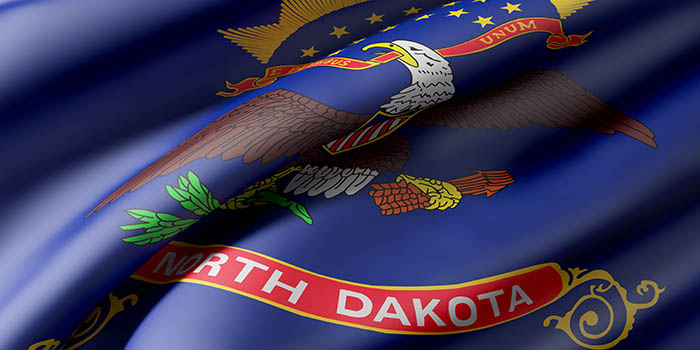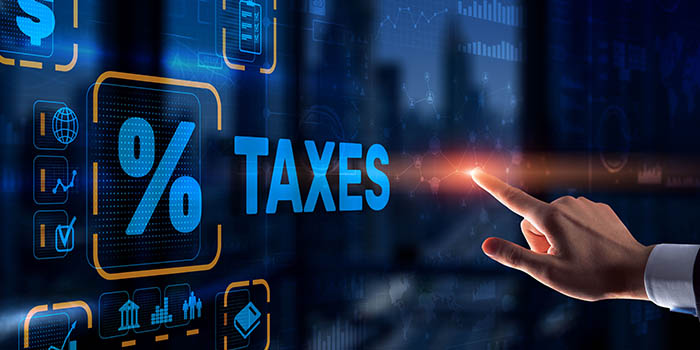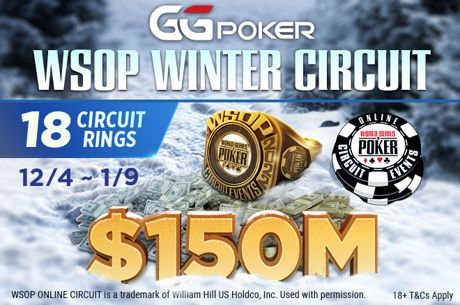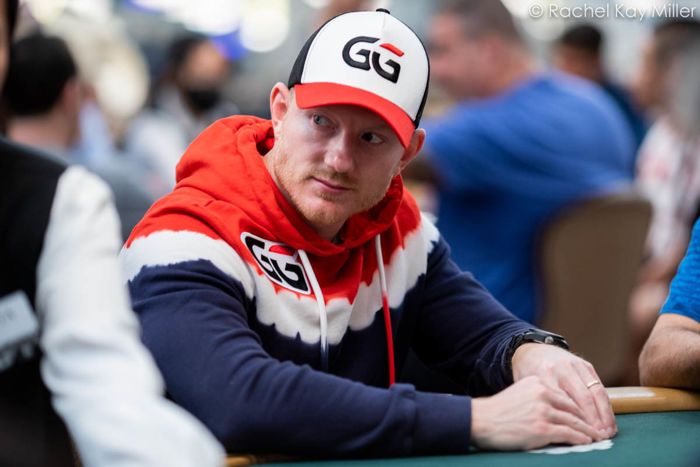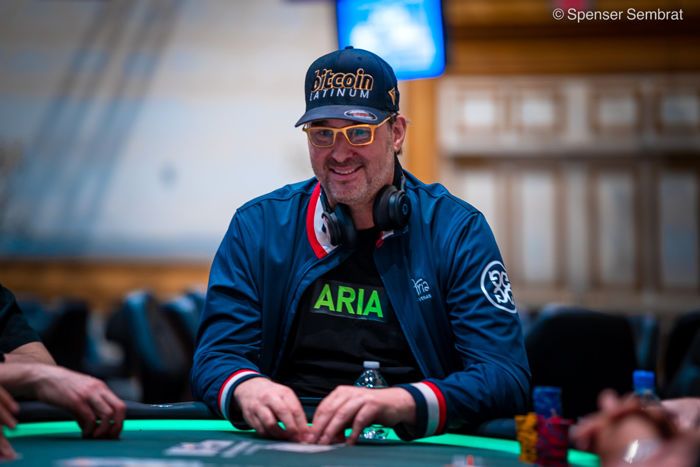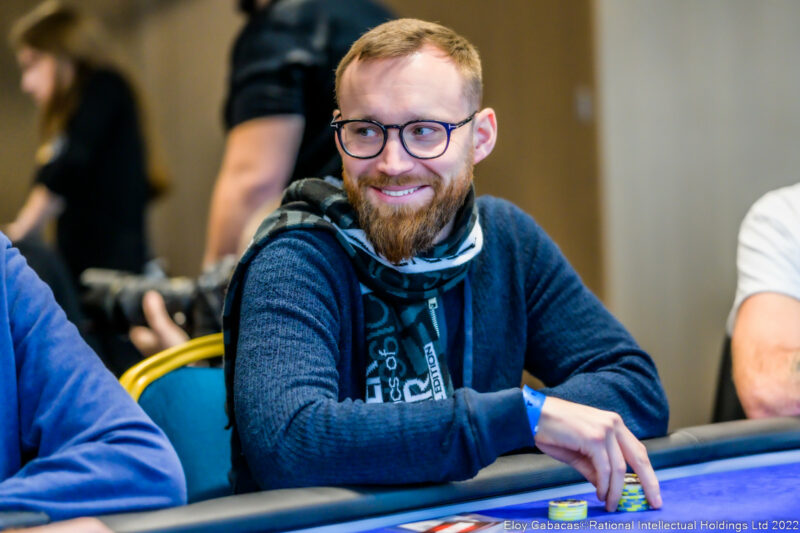
Three high-stakes New Year Series events started on January 8 and concluded last night, with all three being two-day affairs. A $1,050 No-Limit Hold’em PKO, the special edition $109 Sunday Million PKO, and the ever-popular $5,200 Titans Events each crowned their worthy champions.
Those three tournaments paid their champions a combined $318,130; such was the magnitude of their respective prize pools. Which PokerStars players got their hands on huge additions to the bankrolls? Let’s find out.
The $1,050 NLHE PKO event saw 626 players create a $626,000 prize pool, resulting in all but two of those that reached the nine-handed final table walking away with at least a five-figure sum.
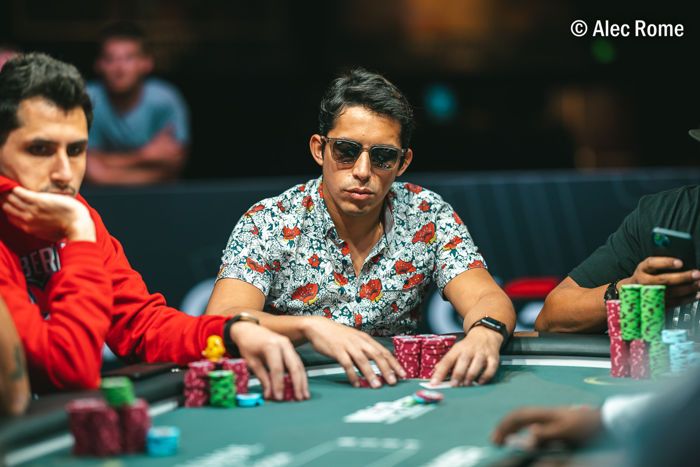
Manuel “BigFudge95” Fritz ($9,657), and “BetForNympho” ($8,888) were the first two PokerStars players finding themselves void of chips. Viktor “gimley14” Mechev ($16,299) and Peruvian star Diego “Die Ventura” Ventura ($18,314) joined the long list of busted players before the elimination of “xnrobix” ($17,882) left only four players in the hunt for the title.
Those four became three with the untimely demise of “HardiZ1” ($27,961), with “Manni1822” ($40,713) crashing out in third, sending the tournament into the heads-up stage.
Aliaksei “ale6ka” Boika, the 2016 EPT Malta Main Event champion, locked horns with “jpsalgadocr0” of Brazil in a battle for the title. The one-on-one clash went Boika’s way, and he added $104,202 to his bankroll, leaving his Brazilian opponent to receive a $61,870 consolation prize.
New Year Series 83-H: $1,050 NLHE PKO
| Place | Player | Country | Bounties | Prize | Total Prize |
|---|---|---|---|---|---|
| 1 | Aliaksei “ale6ka” Boika | Slovenia | $56,666 | $47,536 | $104,202 |
| 2 | jpsalgadocr0 | Brazil | $14,334 | $47,536 | $61,870 |
| 3 | Manni1822 | Austria | $11,679 | $29,034 | $40,713 |
| 4 | HardiZ1 | Germany | $6,882 | $21,079 | $27,961 |
| 5 | xnrobix | Hungary | $2,578 | $15,304 | $17,882 |
| 6 | Diego “Die Ventura” Ventura | Peru | $7,203 | $11,111 | $18,314 |
| 7 | Viktor “gimley14” Mechev | Bulgaria | $8,232 | $8,067 | $16,299 |
| 8 | BetForNympho | United Kingdom | $3,031 | $5,857 | $8,888 |
| 9 | Manuel “BigFudge95” Fritz | Austria | $4,828 | $4,829 | $9,657 |
“KNtheKid” Takes Down New Year Series Sunday Million
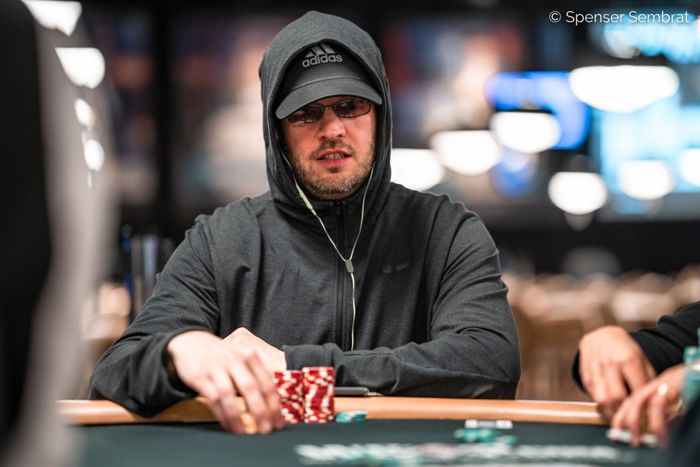
The lure of the PokerStars Sunday Million is still strong, as the 11,882-strong field that bought in this weekend for $109 can attest to. The final table saw prizes between $6,650 and $94,445 awarded, the latter going to Canada’s “KNtheKid” who left 11,881 opponents in their wake.
KNtheKid defeated “bigi87220” heads-up. The final two players guaranteed themselves at least $66,318 from the main prize pool, but the final bounty also tipped the scales at more than $28,0000. KNtheKid got their hands on an additional $28,117 after beating bigi87220 one-on-one; bigi87220 saw $79,911 land in their PokerStars account.
It was an impressive victory for KNtheKid. Not only was the field massive, but the final table also hosted the likes of Shawn “buck21” Buchanan, Alex “AlexGelinski” Gelinski, Vinicius “viniperri” Perri, and Marc “Rowniwn” Radgen.
New Year Series #83-M: $109 NLHE Sunday Millions PKO Final Table Results
| Place | Player | Country | Bounties | Prize | Total Prize |
|---|---|---|---|---|---|
| 1 | KNtheKid | Canada | $28,117 | $66,328 | $94,445 |
| 2 | bigi87220 | Kazakhstan | $13,593 | $66,318 | $79,911 |
| 3 | Marc “Rowniwn” Radgen | Malta | $4,699 | $39,348 | $44,047 |
| 4 | Vinicius “viniperri” Perri | Brazil | $6,379 | $28,049 | $34,428 |
| 5 | xsimeonidis | Uruguay | $1,113 | $19,994 | $21,107 |
| 6 | Alex “AlexGelinski” Gelinski | Brazil | $5,669 | $14,252 | $19,921 |
| 7 | billionaaire | Brazil | $4,671 | $10,159 | $14,830 |
| 8 | ImNotYoBro | Ukraine | $6,495 | $7,242 | $13,737 |
| 9 | Shawn “buck21” Buchanan | Canada | $1,488 | $5,162 | $6,650 |
CPUrul0r is a PokerStars Titan
Ninety-five players bought into the $5,200 Titans Event, and Austria’s “CPUrul0r” outlasted them all. Their reward? A welcomed $119,483; a great start to the New Year.
As you would expect from a $5,200 buy-in tournament, the field was stack with household names. Dominykas “Mikensonas” Mikolaitis ($15,755), “aminolast” ($19,760), Pedro “pvigar” Garagnani ($25,453), and Christian “WATnlos” Rudolph ($32,936) would have made a worthy champion but it was not meant to be.
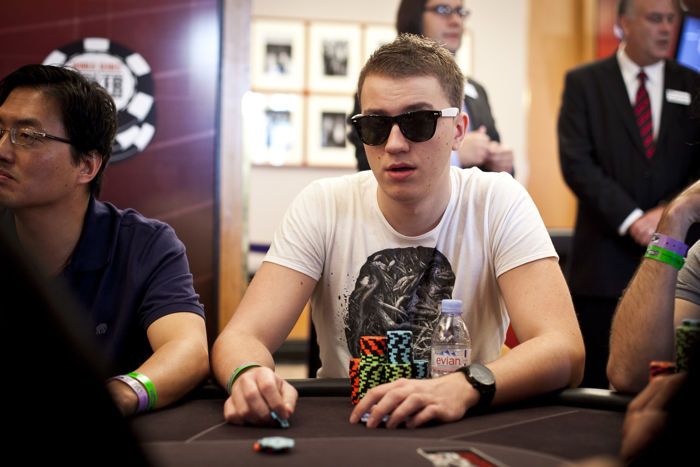
Dimitar “KuuL” Danchev‘s ($42,618) exit in fifth left the waters slightly less shark-infested, with the exits of “roo_400” ($55,147) and Roman “RomeOpro” Romanovskyi ($71,359), sending the Titans Event into the heads-up stage.
Austria’s “CPUrul0r” and Germany’s “looserGirl27” were the last two players standing. They butted heads for a while before CPUrul0r got the upper hand and, ultimately the victory. Winning this week’s Titans Event came with $119,483 in prize money, with second place paying $92,337.
New Year Series 85: $5,200 NLHE Titans Event Final Table Results
| Place | Player | Country | Prize |
|---|---|---|---|
| 1 | CPUrul0r | Austria | $119,483 |
| 2 | looserGirl27 | Germany | $92,337 |
| 3 | Roman “RomeOpro” Romanovsky | Ukraine | $71,359 |
| 4 | roo_400 | Canada | $55,147 |
| 5 | Dimitar “KuuL” Danchev | Bulgaria | $42,618 |
| 6 | Christian “WATnlos” Rudolph | Austria | $32,936 |
| 7 | Pedro “pvigar” Garagnani | Brazil | $25,453 |
| 8 | aminolast | Canada | $19,670 |
| 9 | Dominykas “Mikensonas” Mikolaitis | Lithuania | $15,755 |

